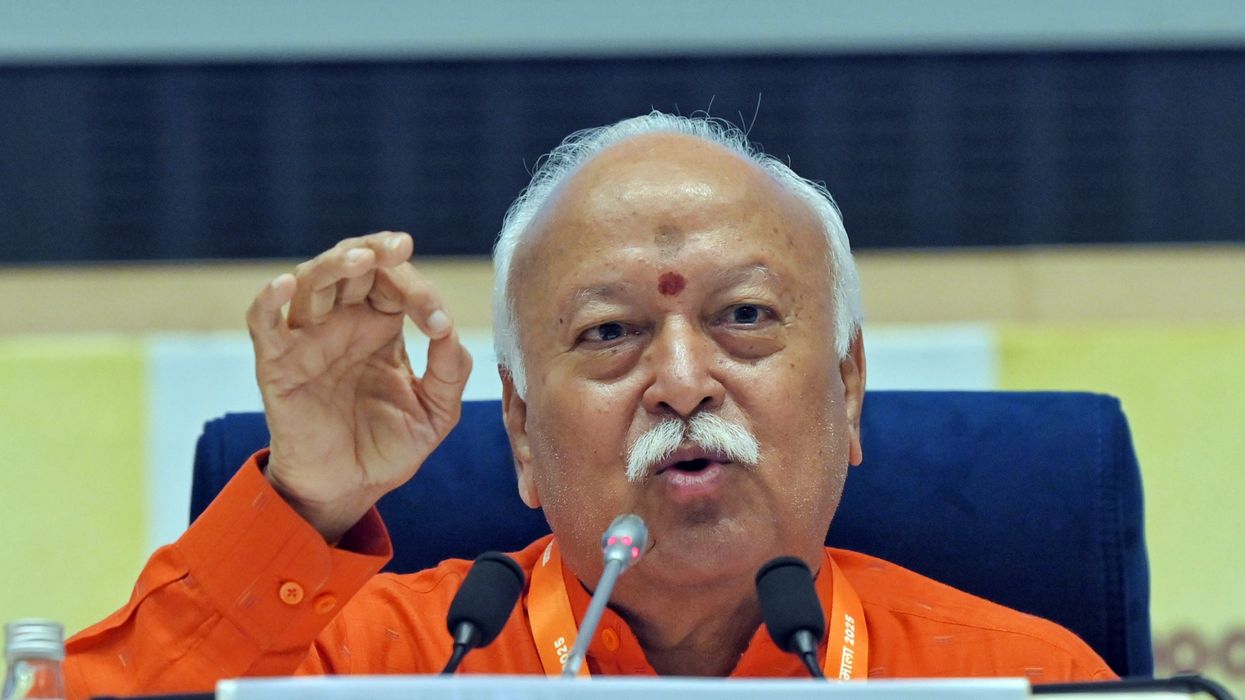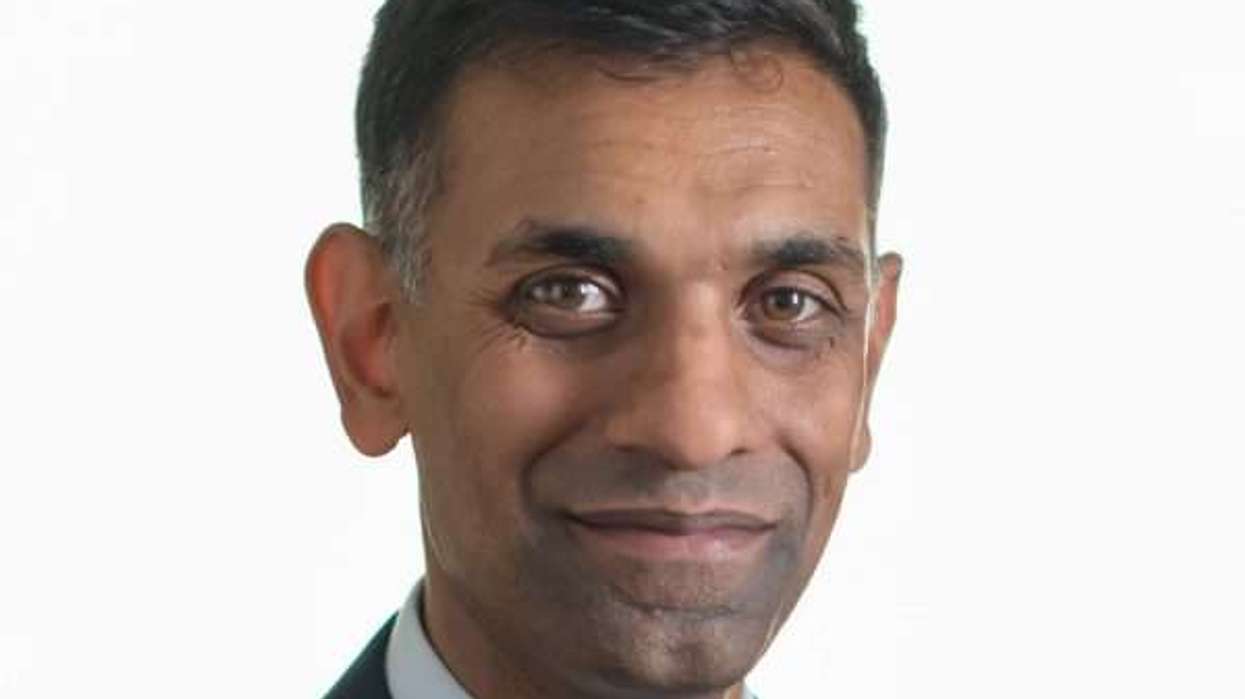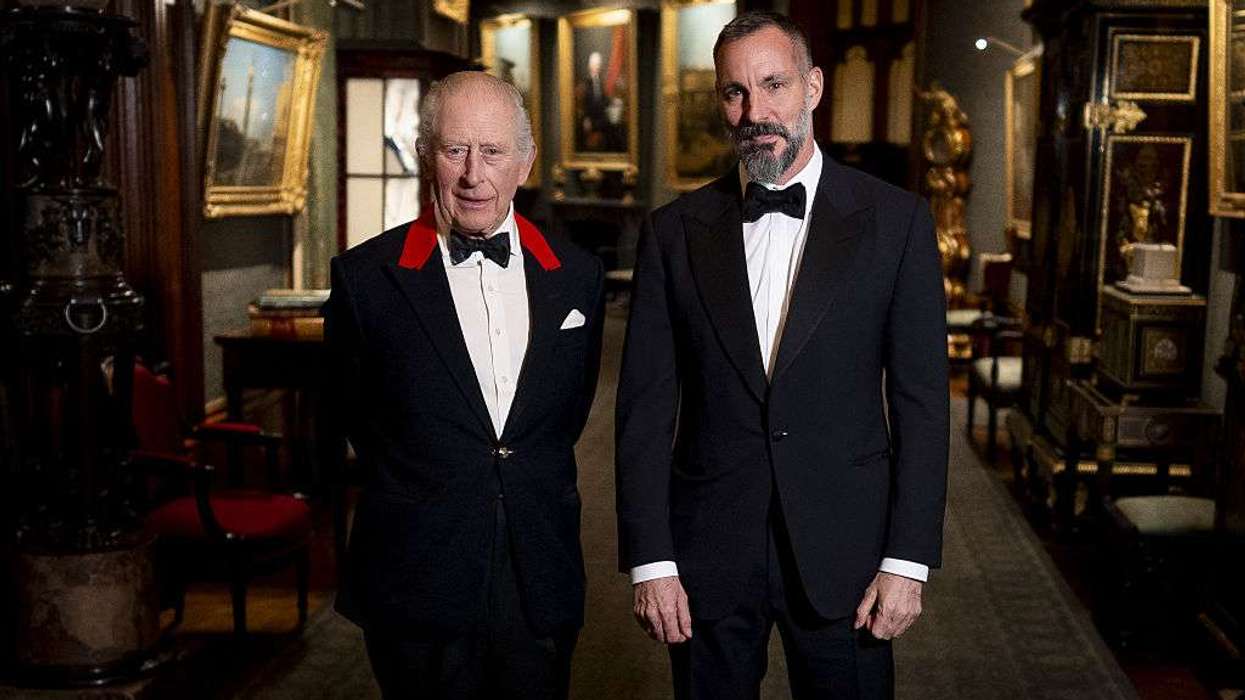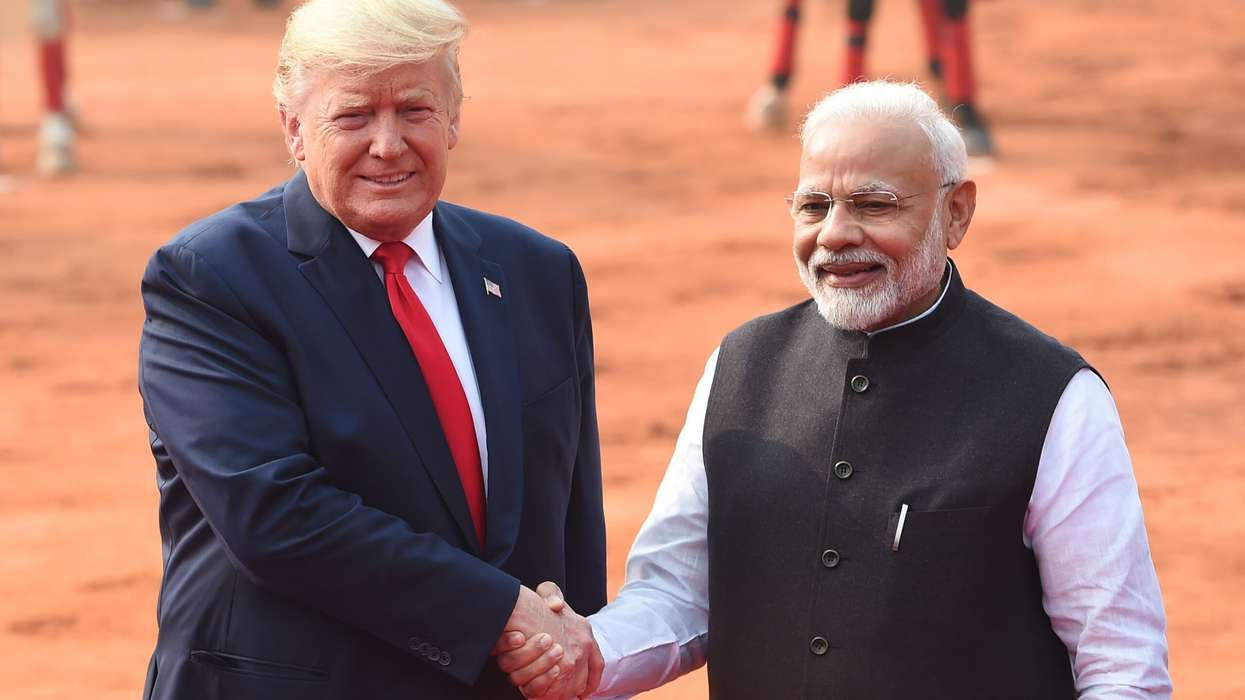THE head of India's powerful Hindu group, Rashtriya Swayamsevak Sangh (RSS), said that Indian families must have three children each, warning about the long-term risks from the current trend of declining birth rates.
At 1.46 billion, India is the world's most populous nation but the total fertility rate has dropped to less than two children per woman, according to the UN Population Fund's 2025 report, as economic growth gathers momentum.
Mohan Bhagwat, chief of the RSS that is the ideological parent of prime minister Narendra Modi's Bharatiya Janata Party, said the population must remain "controlled, yet sufficient".
Speaking at a lecture to mark the 100 years of the founding of the RSS on Thursday (29), Bhagwat suggested that “in the national interest, every family should have three children and limit themselves to that".
His call for larger families reflects anxiety among nationalist leaders and some regional politicians about long-term demographic stability, national capacity, and cultural identity.
For years hardline Hindu groups have pointed to higher birth rates among minority groups such as Muslims as a cause of concern although data shows Indian Muslims are also having fewer children than in the past.
Bhagwat too said birth rates were declining across religious groups.
While the RSS officially describes itself as a cultural organisation promoting Hindu values, it wields enormous influence through its vast network of affiliates and millions of grassroots volunteers.
Many of Modi’s senior ministers, including the prime minister himself, are long-time members of the RSS.
Analysts say BJP’s policy priorities — from cultural and education reform to citizenship laws — frequently echo positions championed by the RSS, making the organisation one of the most powerful civil society groups in the world.
Bhagwat rejected criticism that the RSS was opposed to Muslims - who make up about 14 per cent of India's population - and other minorities saying the organisation viewed all of them as Indians.
"Our ancestors and culture are the same. Worship practices may differ, but our identity is one. Changing religion does not change one’s community," he said.
"Mutual trust must be built on all sides. Muslims must overcome the fear that joining hands with others will erase their Islam."
(Reuters)





